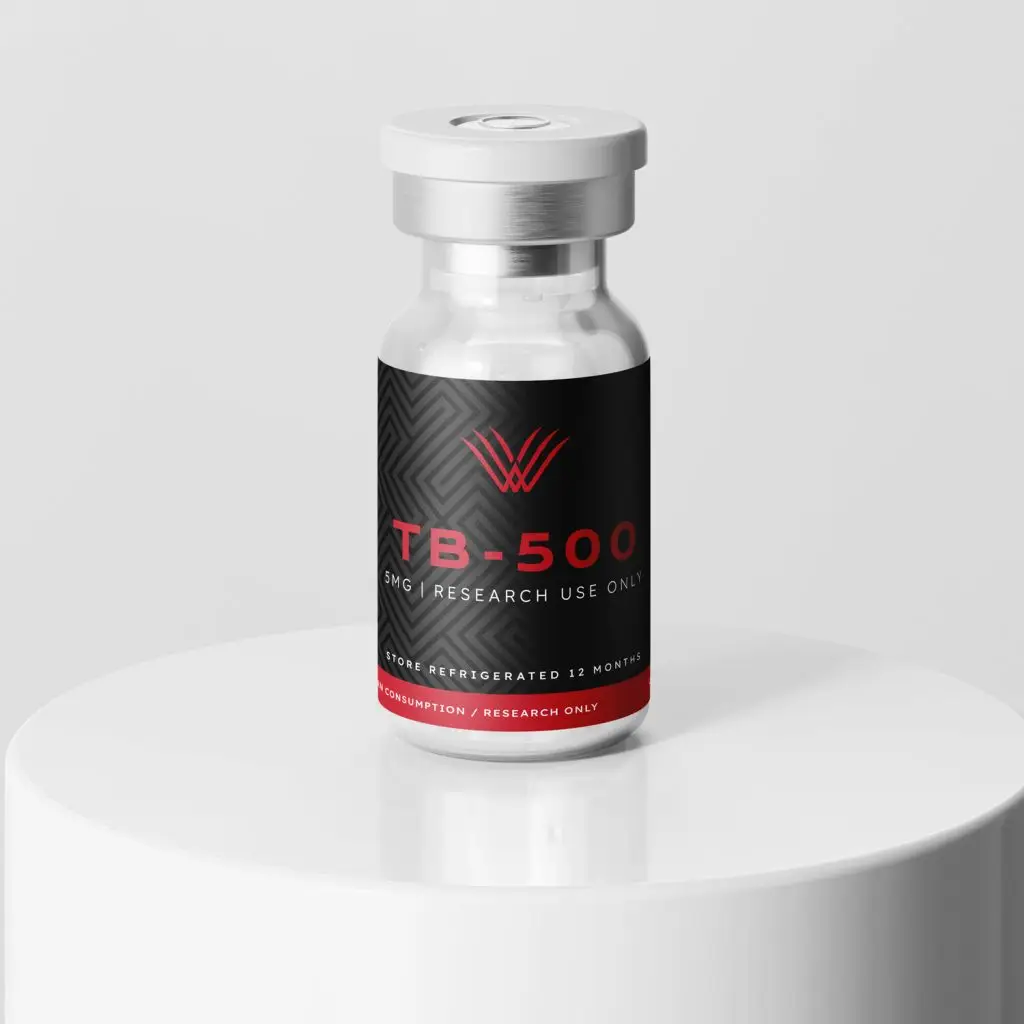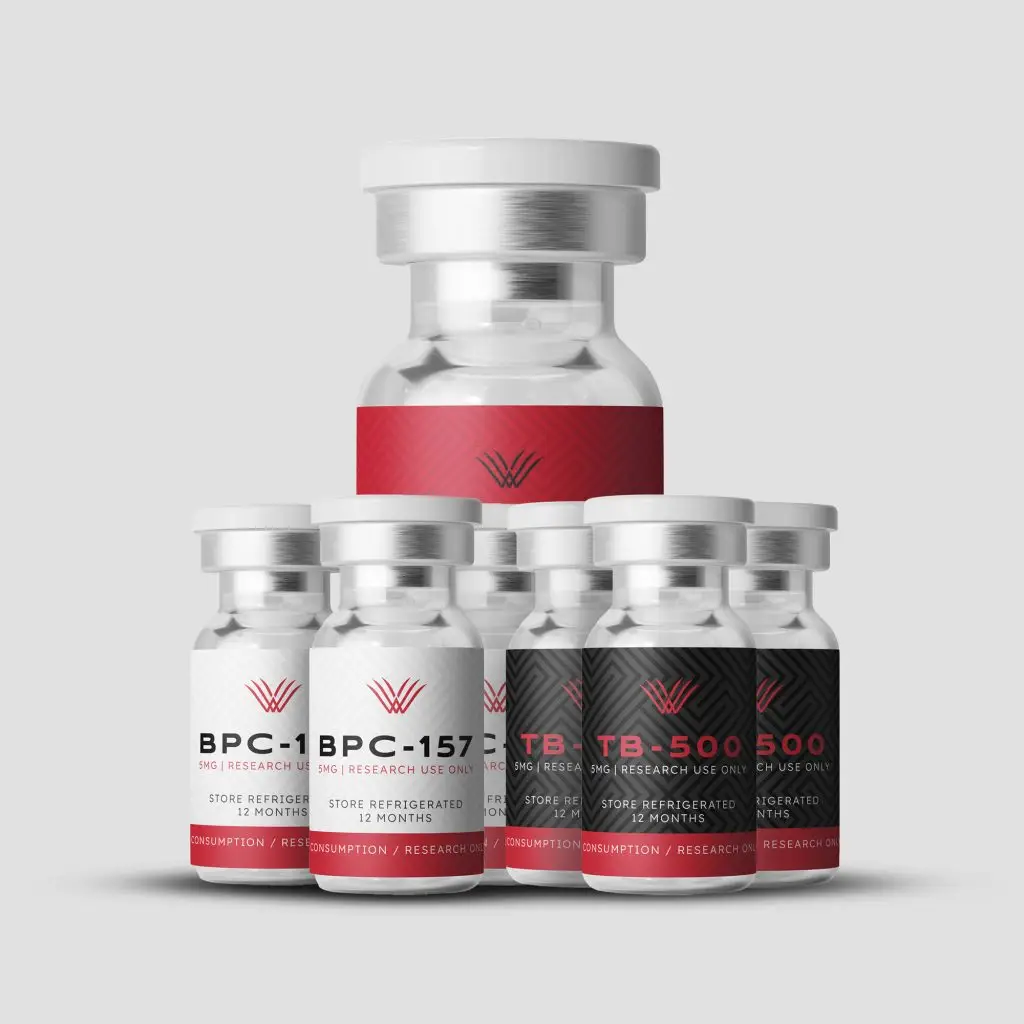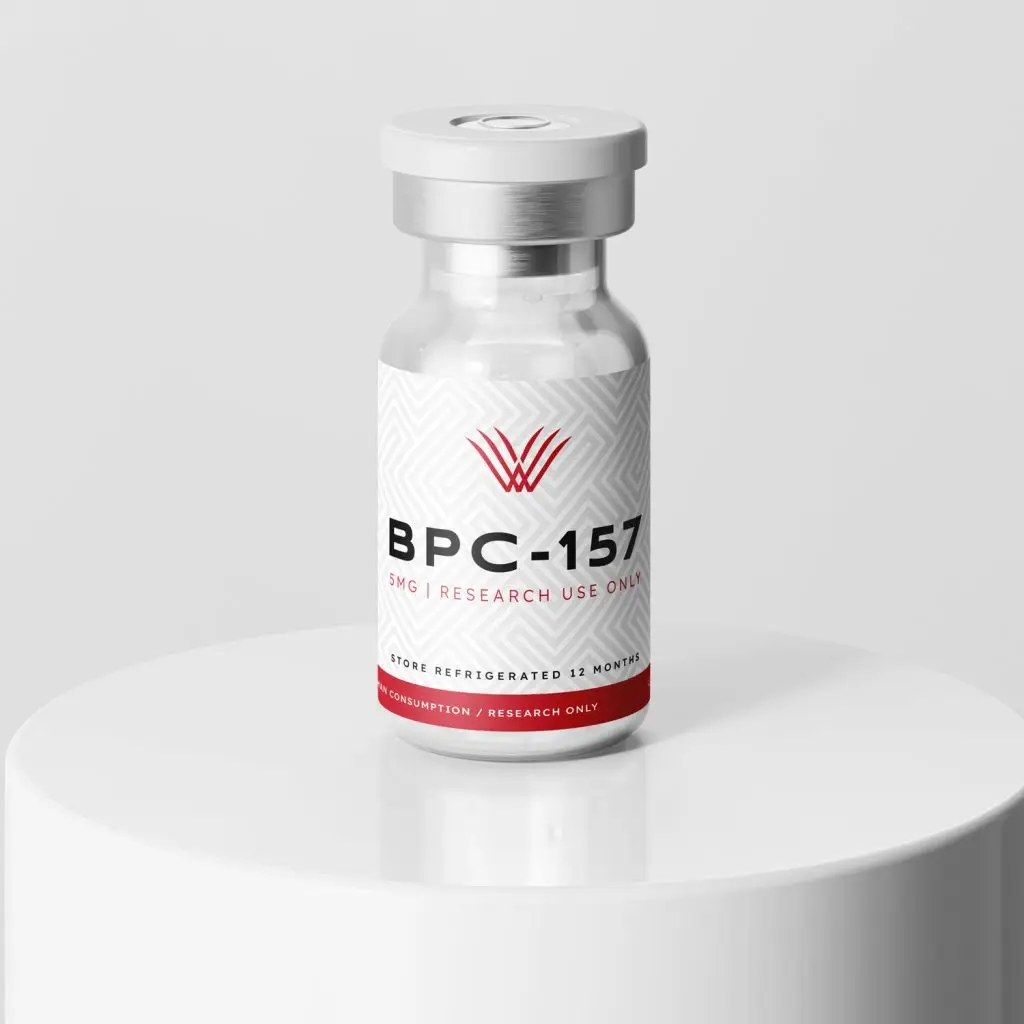
Main Banner
BEST SELLER! Retatrutide 5mg Explore cutting-edge research potential with Retatrutide 5mg. High-purity, lab-tested, and lyophilised for consistency in advanced scientific studies. For laboratory research use only – not for human consumption. Shop Now




